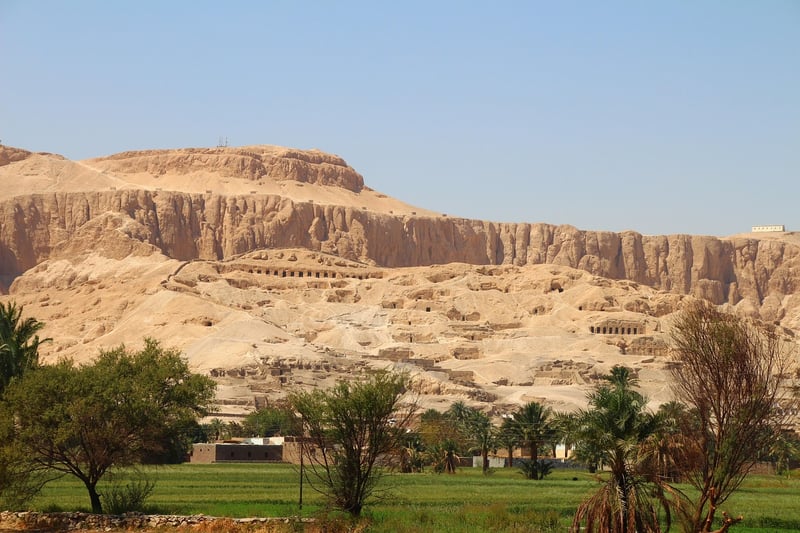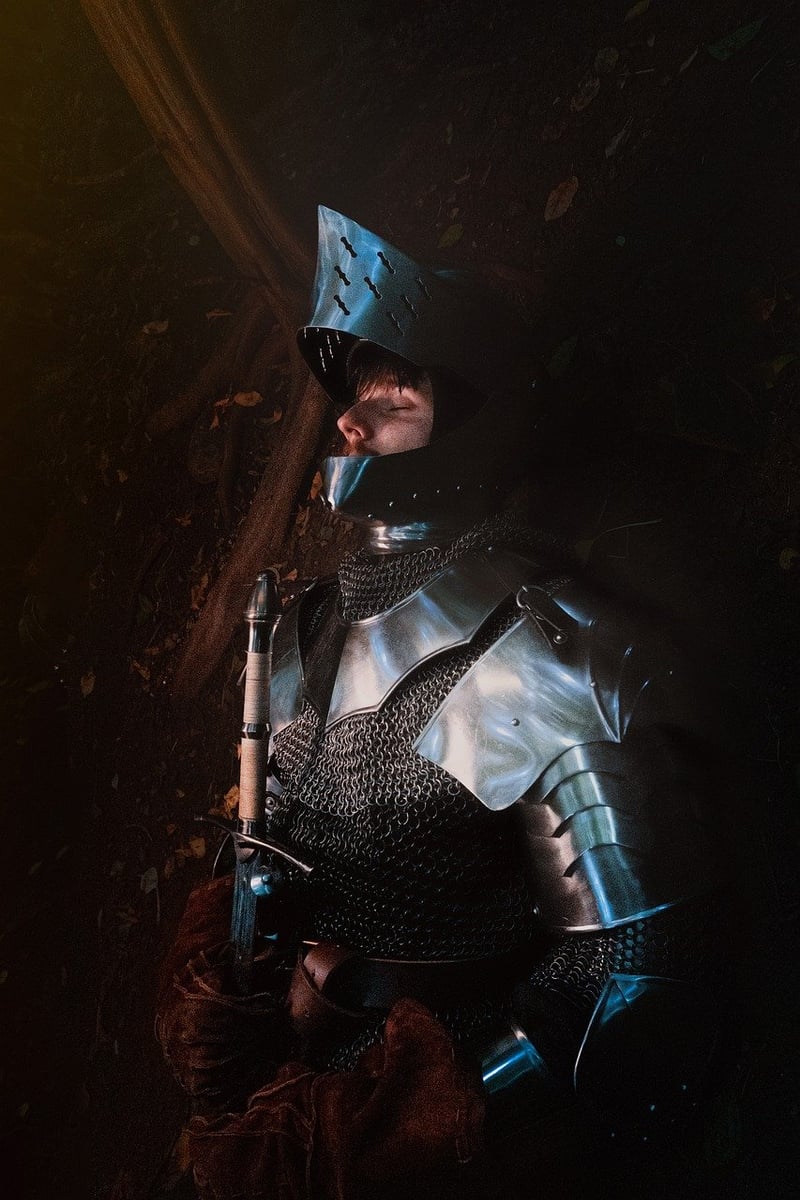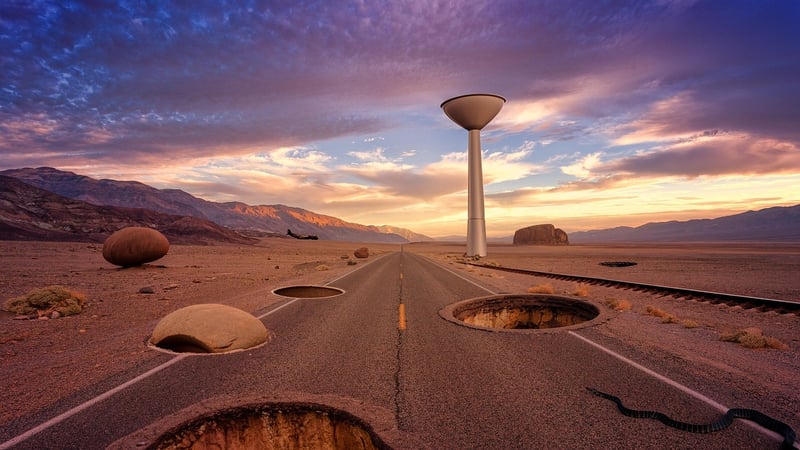Future Dystopia
Exploring Different Eras and Imagining a Future Dystopia
Throughout history, humanity has experienced various eras characterized by unique cultural, social, and technological developments. From ancient civilizations to the modern age, each period has left its mark on the world. Let's take a journey through time and explore the highlights of different eras before delving into a speculative future dystopia.
Ancient Era
The ancient era, spanning from the emergence of early civilizations to the fall of the Roman Empire, was marked by significant advancements in agriculture, architecture, and governance. Civilizations like the Egyptians, Greeks, and Romans laid the foundation for many aspects of modern society.

Medieval Era
The medieval era, characterized by feudalism, knights, and castles, witnessed the rise of powerful empires, such as the Byzantine and Ottoman Empires. It was a time of great upheaval, with religious crusades and the Black Death shaping the course of history.

Industrial Revolution
The Industrial Revolution brought about a massive shift in society, with the mechanization of production leading to urbanization and unprecedented economic growth. Innovations like the steam engine and factory system transformed the way people lived and worked.

Modern Era
The modern era, characterized by rapid technological advancements and globalization, has seen the rise of superpowers, the digital revolution, and significant progress in science and medicine. It is a time of unparalleled connectivity and innovation.

Future Dystopia
Now, let's turn our gaze to the future and imagine a dystopian world shaped by environmental degradation, technological overreach, and societal collapse. In this bleak future, resources are scarce, governments are authoritarian, and inequality is rampant.

As we reflect on the past and contemplate the future, it becomes clear that our actions today will shape the course of history. By learning from the triumphs and mistakes of the past, we can strive to build a better tomorrow for generations to come.
